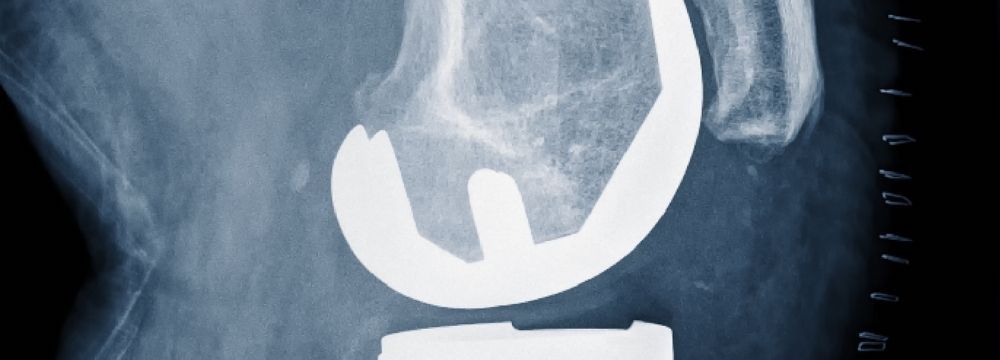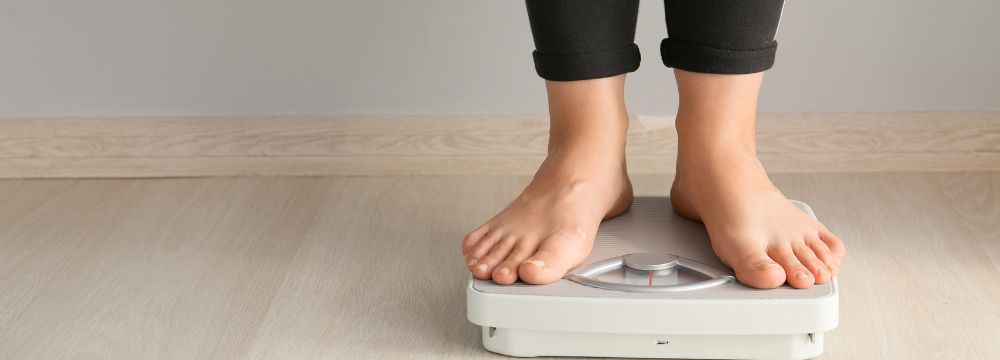
Many patients suffering from obesity may experience debilitating chronic pain in their joints known as osteoarthritis. Our joints are made from bones that are not meant to rub against each other. The smooth movement in our joints is due to cartilage, a soft, smooth protective layer between these bones. However, excess weight puts an undue strain on the joint, which can begin to degrade. As cartilage starts to wear away, bone may rub on bone, causing significant pain and degradation. In severe cases, bone spurs can form, making it even more painful and significantly reducing the range of motion. For now, the only long-term curative option is a joint replacement.
If you visit an orthopedic surgeon for significant and debilitating joint pain, you may run into their concern about your excess weight and obesity. Obesity is a significant risk factor in any surgery, and joint replacement is no different. Obesity makes it more difficult for your orthopedic surgeon to visualize the joint. Excess weight puts pressure on the new joint, reducing its longevity and potentially causing it to loosen prematurely. Obesity also increases the risk of infection after surgery, not to mention various cardiovascular and pulmonary risks. Many orthopedic surgeons will not perform surgery on patients with a BMI over 40.
You may then be referred for bariatric surgery especially if more conservative weight loss options have not allowed you to lose the weight needed to have your joint replaced. Of course, bariatric surgery has the primary goal of improving or eliminating the diseases associated with morbid obesity, and significant weight loss is a welcome side effect. New guidance has shown many orthopedic procedures can be performed on patients losing weight and have not yet crossed that 40 BMI threshold but are on a trajectory to do so soon. As such, if you are experiencing debilitating osteoarthritis, speak to your orthopedic surgeon and your medical team to understand if bariatric surgery may be the right option for you. There is even the possibility the weight loss may improve your joint pain to postpone your orthopedic procedure.
As part of your preoperative bariatric surgery workup, we place a significant emphasis on testing to ensure the lowest possible risk of complications and the highest effectiveness of the procedure.
For more information, we encourage you to watch our online seminar. Once you’ve done so, our staff will call you to schedule a consultation with one of our surgeons, at which point we can get you started in the process of qualifying for surgery. If you have any questions at all, we encourage you to contact our office.






